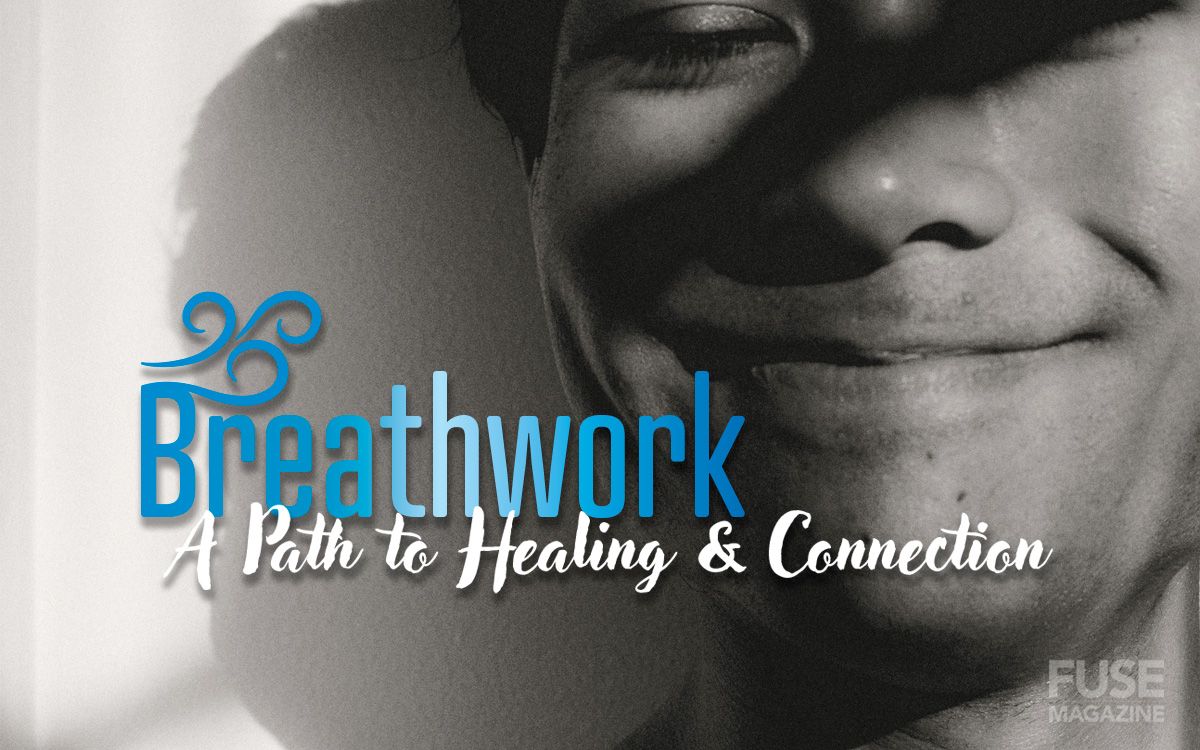Is there such a thing as 'too much sex'?

Far from sex addicts loving everybody, it seems that everybody loves to love (or hate) a sex addict. But us there such a thing as 'too much sex'?
The diagnosis of ‘sex addict’ is often made by media, social moralists or partners of people who act outside of the cultural norm. Yet, sex is not an addictive substance. There is no disease of sex addiction listed in either, the American Diagnostic and Statistical Manual of Mental Disorder (DSM-IV) or in the International Classification of Diseases (ICD-10). However, with much controversy, there are conditions of hypersexuality.
The criteria for having these conditions are vague but go something along the lines of: someone who spends a great deal of time consumed by sexual fantasies and urges; one who uses sexual behaviour to deal with stressful life events; one who disregards the physical and emotional harm to those involved in his/her activities; and someone who has failed to curb behaviour that is distressing to themselves.
The trouble is, how much time is too much time for thinking about sex? There is an old joke in psychiatry: A sex addict is someone who has more sex than the therapist. Who has decided what the right and proper amount of sex is? All relationships suffer from mismatched libido to some extent because we all have different needs.
If one person in a relationship consistently wants more sex than the other, or a different kind of sex, it does not make one person an addict and one a sexual anorexic. Orgasmic experiences have been shown to alter the chemicals in the brain, which alleviate stress (and make us feel really, really good), and sex is therefore used as a self-soothing strategy.

There are many people who disregard the feelings of others when making sexual choices and they include people who have underlying pathology of obsessive-compulsive disorders, have bi-polar disorder, suffer from depression, anxiety disorders, borderline and other personality disorders and also people who are just plain selfish, unconsciously or consciously enraged, people who lack empathy and those who hate the significant other that is being affected. In other words, just because someone is hurt or angry about another person’s sexual choices, it does not make that person an ‘addict’.
I’m not trying to minimise the shame and guilt that someone might feel if they are behaving in a way that makes them unhappy, or to underestimate the strength of compulsions to act out. For those who do actually feel distress about their own behaviour and have tried to change but have been unable to, and the distress they feel is because their behaviour is in contrast with their own personal values and not someone else’s, there is help available.
Many people behave compulsively in areas such as shopping, spending, food, gambling, video-gaming, using facebook and other social networks, using the Internet and more. If the underlying needs behind the activity are not recognised, then one ‘addiction’ may be swapped for another. I would like to emphasise that it is not the sex that is the problem but the compulsion itself.
It is no longer believed that sexual irregular behaviour is responsible for failed crops or epidemics of the plague, so public stoning is no longer an acceptable response to behaviour that is outside of cultural expectations. We need no moral panics around an activity of human interaction, which is biologically the most pleasurable and sought after activity of mankind.












